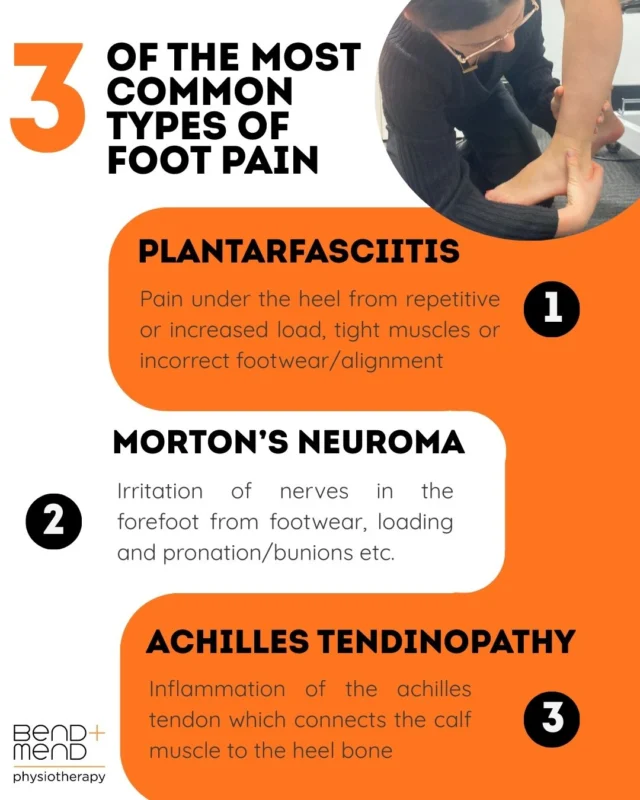Are you familiar with the persistent discomfort of recurring lower back pain? It’s a common issue that affects millions of people worldwide, impacting their daily lives and overall well-being. Recurring lower back pain can stem from various factors, including poor posture, muscle weakness, injuries, or underlying medical conditions. Regardless of the cause, managing and preventing this discomfort can be achieved by maintaining a healthy and active lifestyle.
Often, it’s a result of poor habits and lifestyle choices that put undue stress on your back muscles and spine. Here’s a breakdown of some common culprits and tips to help you prevent and alleviate your recurring lower back pain:
- Maintaining good posture: Poor posture, whether sitting or standing, can strain your back muscles and lead to recurring pain and fatigue. If your work is sedentary having your desk set up correctly can help minimise the occurrence of your lower back pain. This can include having an ergonomic chair with lumbar support and positioning your computer at eye level. Taking regular breaks from seated positions can be helpful too.
- Stay active: Regular exercise such as Pilates can strengthen postural muscles and improves flexibility, reducing the risk of recurring lower back pain. Targeting postural muscles through the neck, shoulders, back and hips helps to support the trunk and lower back to promote healthy movement patterns that you can take into your activities of daily living.
- Proper lifting technique: Improper technique can increase the risk of lower back pain and injury. General rules for lifting include getting close to the load you are lifting, bending the knees and keeping the back straight.
- Listen to your body: pay attention to your body and any signs of recurring lower back pain such as soreness, stiffness and discomfort. Having strategies to work through your lower back pain such as stretching, and exercise can be beneficial. Your physio can work with you to create a tailored plan to tackle your lower back pain!
Implementing these preventive measures into your daily routine, you can reduce the likelihood of experiencing recurring lower back pain and enjoy a healthier, pain-free life. Taking proactive steps to care for your back now can lead to long-term benefits, improved quality of life and get you back to the tasks and activities that are important to you!






